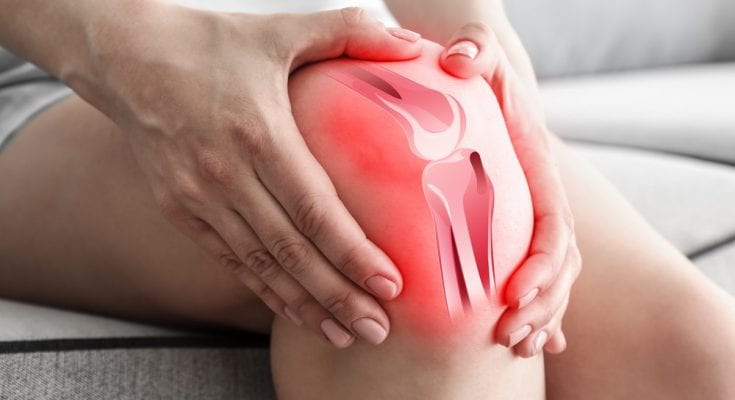Inflammation is produced by the immune system in the body. It is a defense mechanism against irritants, pathogens, and damaged cells. It shows that the healing process is working.
Without this response, our body would not be able to heal wounds, tissue damage or infections. However, if this physical condition persists for longer than necessary, it can actually be harmful. Chronic inflammation can cause diseases like rheumatoid arthritis and some cancers.
Symptoms of Inflammation
Acute symptoms can include:
- Pain: The affected area is more sensitive causing pain during or after touching.
- Immobility: The inflammatory area may even face some loss of function.
- Redness: The capillaries in the area are filled with more blood to heal the area faster.
- Swelling: A buildup of fluid causes swelling.
- Heat: The area may feel warm to touch as heat can kill any infections.
Chronic inflammation includes the symptoms of:
- mouth sores
- chest pain
- fatigue
- fever
- abdominal pain
- rash
- joint pain
Causes of Inflammation
The immune system triggers this conditionin reaction to an infection, wound or other physical injuries. It is a physical reaction of the body to protect itself and heal quickly.
There are three steps that the body takes to heal through inflammation:
- The branches of the arteries in the area become enlarged. This increases the blood supply and flow to the infected area.
- Proteins and fluids can more easily access capillaries. This makes their movement between cells and blood quicker.
- Neutrophil is released by the body which is a white blood cell. It contains digest microorganisms and enzymes which help the body fight against any infection or injury.
Only after these three steps have taken place does the body exhibit signs of this physical condition. Acute inflammation will occur in the following cases:
- acute bronchitis
- a sore throat from a cold or flu
- high-intensity exercise
- a scratch or cut on the skin
- infected ingrown toe nail
- dermatitis
- infective meningitis
- a physical trauma
- acute appendicitis
- tonsillitis
- sinusitis
Treatments for Inflammation
If you have acute inflammation, it will go away in a few days by itself after the body has healed. However, chronic inflammation is harmful and needs to be treated properly. A few ways to treat this conditionare:
- Anti-inflammatory medications: NSAIDs like naproxen, aspirin, and ibuprofen can be taken to counteract the condition. It can also help reduce or prevent pain.
- Corticosteroids: These are steroid hormones that can hinder the mechanism involved in chronic inflammation. Some types that are used often are cortisol, Glucocorticoids, and Mineralocorticoids.
- Herbal methods: Some common herbal remedies are turmeric, ginger, cannabis, and hyssop.
- Diet: Include foods like tomatoes, olive oils, walnuts, almonds, leafy greens like kale, fatty fish and fruit in your diet. Avoid eating fried foods, sugary drinks like soda, red meat, margarine, lard, or refined carbohydrates like in pastries and white bread.
It can be a painful condition and become steadily harmful. If you have prolonged inflammation, it is better to visit the doctor to get medication and treat the condition.







